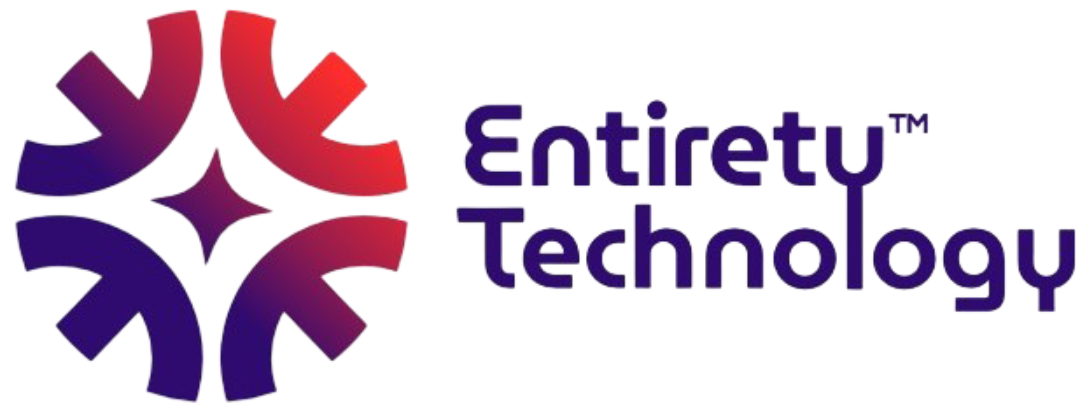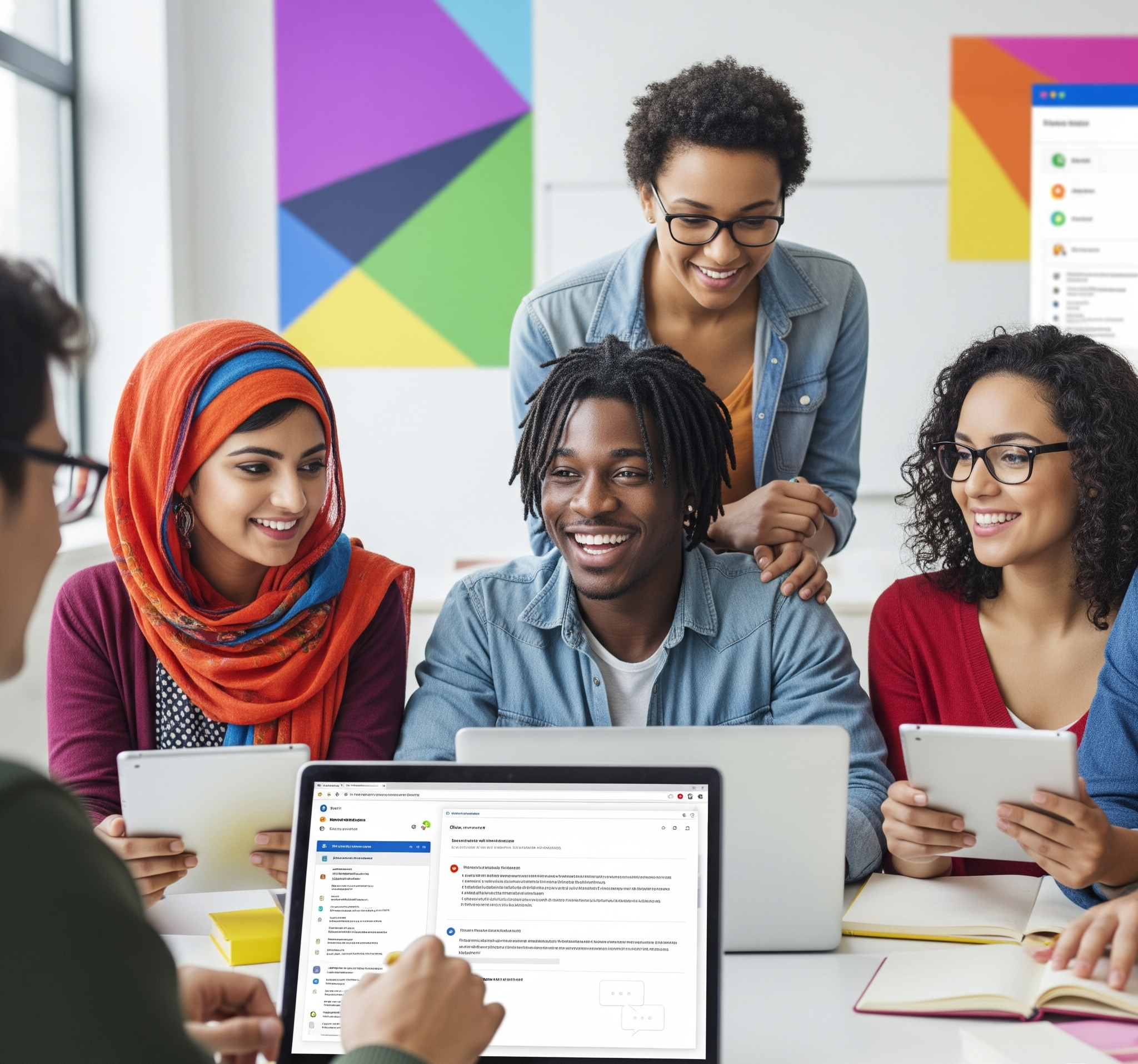The landscape of education has been dramatically reshaped by the relentless march of technological innovation. What was once confined to chalkboards and textbooks has now expanded into a dynamic, interconnected ecosystem where digital tools are not just supplementary but integral to the learning process. Technology has transformed how knowledge is acquired, disseminated, and applied, moving beyond simple digitization to truly enhance the educational experience for students and educators alike. This evolution is particularly vital in our increasingly digital world, ensuring that learners are not only well-versed in their chosen fields but also equipped with the digital literacy essential for future success.
The Impact of AI and Emerging Technologies
Artificial Intelligence (AI) stands at the forefront of this educational revolution, promising a future of highly personalized and adaptive learning. AI’s impact in education is multifaceted:
- Personalized Learning: AI-powered adaptive learning platforms are akin to having a personal tutor for every student. These systems analyze individual learning styles, strengths, and weaknesses, then tailor content, pace, and difficulty levels in real-time. This ensures that each student receives instruction best suited to their needs, allowing them to progress at their own optimal speed and improve comprehension and retention.
- Automated Administrative Tasks: AI can significantly reduce the administrative burden on educators by automating tasks such as grading multiple-choice tests, providing instant feedback on assignments, scheduling, and managing student records. This frees up valuable time for teachers to focus on more impactful activities like designing engaging lessons, providing one-on-one mentorship, and fostering deeper student engagement.
- Intelligent Tutoring Systems: AI-driven intelligent tutoring systems mimic human tutors, offering step-by-step guidance, customized feedback, and problem-solving assistance. They can adapt to individual users’ preferences and learning speeds, making complex subjects more accessible and ensuring that both struggling and advanced learners receive appropriate support.
Beyond AI, several other emerging technologies are poised to redefine education:
- Extended Reality (XR): This umbrella term includes Augmented Reality (AR), Virtual Reality (VR), and Mixed Reality (MR). XR technologies offer immersive, hands-on learning experiences. Imagine virtual field trips to historical sites, interactive VR labs for science experiments without costly equipment, or simulations for practical skills training. XR makes abstract concepts tangible and learning highly engaging.
- Microlearning and Nanolearning: These approaches break down complex topics into bite-sized, focused lessons, catering to shorter attention spans and busy schedules. Platforms like Duolingo exemplify this, making learning accessible and digestible through quick, engaging modules. This trend also integrates “edutainment,” blending education with interactive games and storytelling.
- Blockchain Technology: While still in its nascent stages for education, blockchain offers a secure and transparent way to manage educational credentials. It can create tamper-proof digital ledgers for verifying and authenticating academic records, simplifying validation for employers and institutions and helping prevent fraud.
The Benefits of Technology in Education
The integration of technology into education brings a wealth of benefits that enhance the learning experience in numerous ways:
- Increased Accessibility: Technology breaks down geographical barriers, making quality education accessible to individuals anywhere in the world. Online learning platforms deliver courses and resources to diverse audiences, democratizing access to knowledge, especially for those in remote or underserved areas.
- Enhanced Engagement and Motivation: Interactive elements like multimedia content, gamified learning platforms, and simulations make learning more dynamic and captivating. Students are no longer passive recipients; they actively participate, leading to increased interest and better retention.
- Improved Collaboration and Communication: Digital tools facilitate seamless communication and collaboration among students and with instructors. Features like discussion boards, group chats, and shared digital workspaces enable teamwork, peer learning, and effective knowledge exchange, even across vast distances.
- Development of Future-Ready Skills: Beyond subject matter knowledge, technology in education equips students with essential 21st-century skills. These include digital literacy, critical thinking, problem-solving, creativity, and adaptability – all crucial for navigating an increasingly technology-driven world.
- Efficient Assessment and Feedback: Technology streamlines assessment processes through digital quizzes and automated grading systems, providing instant feedback to students. This allows learners to identify and address mistakes promptly, while also giving educators valuable insights into student performance and progress for targeted interventions.
The role of technology in education is not merely about digitizing existing practices but about fundamentally transforming the learning experience. From personalized instruction powered by AI to immersive experiences offered by XR, and the global connectivity fostered by online platforms, technology is making education more accessible, engaging, and effective. As we look to the future, continuous innovation in educational technology will undoubtedly pave the way for more inclusive, interactive, and impactful learning environments, preparing students not just for careers, but for a lifetime of continuous growth and adaptation.






